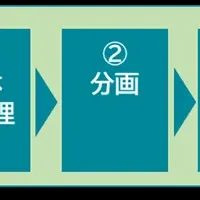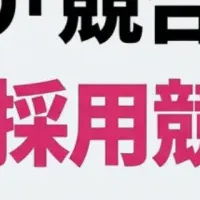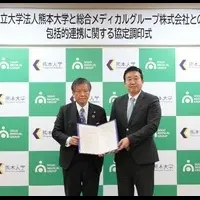
BREYANZI's Rising Market Presence in the CAR-T Therapy Landscape Sees Positive Trends
BREYANZI: A Pioneer in CAR-T Cell Therapy
In recent years, BREYANZI (lisocabtagene maraleucel), a CD19-directed CAR-T cell therapy developed by Bristol Myers Squibb, has made significant strides in tackling hematologic malignancies. This innovative therapy utilizes the patient’s own T cells, which are collected and genetically altered to target and eradicate cancer cells effectively. The introduction of a 4-1BB co-stimulatory domain in BREYANZI allows for better expansion and persistence of CAR T cells, thereby ensuring prolonged therapeutic effects.
The Growing Demand for CAR-T Therapies
The uptick in hematologic malignancies has led to a surge in the demand for therapies like BREYANZI. Conditions such as relapsed or refractory large B-cell lymphoma (LBCL), chronic lymphocytic leukemia (CLL), and follicular lymphoma are increasingly common, highlighting the urgent need for effective treatment options. As healthcare providers and patients alike become more aware of the benefits of CAR-T therapies, the market for such treatments is expected to grow exponentially.
During 2024, BREYANZI generated impressive sales figures, reaching USD 747 million. The need for effective therapies is underscored further by the statistics from DelveInsight, which shows a broadening patient base across multiple indications such as DLBCL, follicular lymphoma, CLL, and mantle cell lymphoma (MCL).
FDA Approvals and Global Reach
In the United States, BREYANZI has received approvals for several indications, particularly for adult patients with relapsed or refractory LBCL post prior therapies. This includes treatments for chronic lymphocytic leukemia and follicular lymphoma, as well as mantle cell lymphoma, thus covering a comprehensive range of unmet patient needs. Moreover, the therapy has been approved in regions such as Japan and Europe, especially for challenging cases that have not responded to previous lines of treatment.
As cancer treatment evolves, BREYANZI stands out due to its unique mechanism, employing a patient’s own immune cells to target cancer directly. This personalized approach marks a significant advancement over traditional chemotherapy, which can often come with debilitating side effects.
Competitive Landscape and Future Prospects
Despite its success, BREYANZI operates in an increasingly competitive landscape with notable challengers such as Gilead's YESCARTA and Novartis’ KYMRIAH also vying for market share. These competitors present a formidable presence in the CAR-T space, offering distinct formulations and therapeutic options. As a result, BREYANZI is continuously evaluated within clinical settings to strengthen its market position.
Furthermore, clinical trials such as the Phase II TRANSCEND FL trial underline BREYANZI’s commitment to expanding its offerings. Recent positive results have positioned the therapy favorably within the ongoing pursuit of enhanced treatment outcomes.
Bristol Myers Squibb is also exploiting numerous avenues to bolster BREYANZI's market presence. This includes potential expansions into younger patient populations and establishing partnerships with healthcare facilities to streamline patient access.
Conclusion
In conclusion, BREYANZI represents a shining example of the potential for CAR-T cell therapies in the treatment landscape of hematologic malignancies. Its innovative technology, combined with the already impressive sales trajectory and ongoing clinical success, places BREYANZI in an excellent position for continued growth. The future of CAR-T therapy, and by extension, BREYANZI, looks promising as it continues to evolve to meet the pressing healthcare needs of patients worldwide.
Topics Health)










【About Using Articles】
You can freely use the title and article content by linking to the page where the article is posted.
※ Images cannot be used.
【About Links】
Links are free to use.